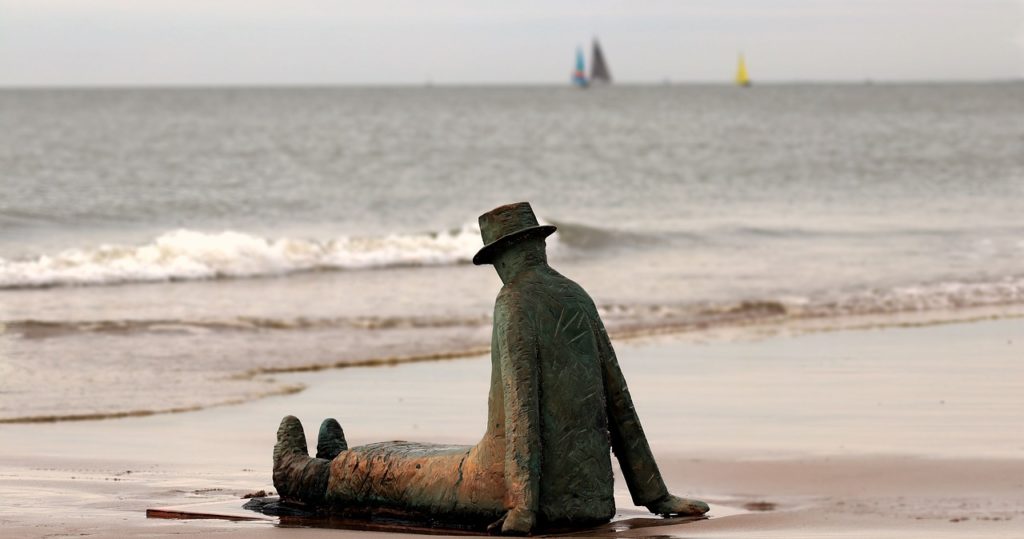
According to the National Poll on Healthy Aging, which was recently conducted by the University of Michigan Institute for Healthcare Policy and Innovation, there is a direct link between seniors with health issues and those who feel at least somewhat isolated from society. More than 25% of those individuals polled said that they had contact with family members or with any other persons in their age group, no more than once a week. Private duty caregivers can confirm these results, since many of them spend large periods of time with elderly patients, and can observe the situations first-hand. In Tupelo and elsewhere in this country, many seniors suffer from this feeling of isolation, especially those with relatively serious health issues.
Results of isolationism
This isn’t just a matter of seniors not having company for entertainment, and as research has demonstrated, isolation can lead to some serious consequences. Many of the people who took part in the survey, and who had undergone long periods of isolation, also were subject to chronic loneliness, problems with memory and recollection, and even shorter life spans. In direct contrast to that, those seniors who were far more interactive and social, routinely reported more fulfilling lives, better health, and an increased sense of well-being.
As people age, their mobility, their hearing, and other physical capabilities begin to degrade at different rates for each individual. That makes it even more important that they stay active by volunteering, participating in social groups or religious activities, and by continuing to do things with family members. All family members should have a role to play in helping to maintain the activity level and the engagement factor for elderly loved ones, so as to prevent them from slipping into self-imposed isolation.
It is now known that the effects of isolationism can be just as harmful to the health of a senior as excessive smoking or drinking. Older adults are always at risk of becoming isolated and then beginning to suffer from chronic loneliness, and all the other symptoms which soon follow. For this precise reason, the AARP organization has launched an initiative called Connect2Affect, which is intended to fight all the negative effects which can impact seniors afflicted by isolation and loneliness.
Adopting a pet
One idea which has proven very successful with a number of seniors is adopting a small pet which can provide love and companionship for the senior person. In addition to all those good feelings which accrue from cuddling and playfulness, having a small pet to take care of can provide a senior with a true sense of purpose. It also forces the senior to become more engaged and to pursue a more active lifestyle, since any young pet is bound to be pretty active. Many seniors get extremely attached to their adopted pets and derive all kinds of emotional and physical benefits from the relationship.
Using technology
There are a surprising number of ways that technology can be used to combat the effects of isolation and chronic loneliness among seniors. One way is to coach a senior in how to use a personal assistant such as Google Home or Amazon Echo. While this may not do much in the way of increasing the activity level for a senior, it can definitely help them to be more interactive and more engaged, when they feel they have a partner to talk to and ask questions of.
Research has shown that weighted blankets are also very good for people who suffer from depression or anxiety because they produce a calming effect on the user. Weighted blankets feel very much like cuddling or being hugged, and this can promote a sense of calm in the user, and instantly trigger a better mood. The increased pressure provided by the blanket can also lead to a better night of sleep for many seniors because the hugging sensation releases serotonin in your brain, which promotes a sense of calm and well-being.
Another way that technology can be used to increase the sense of well-being for a senior is by using light therapy. Many seniors who are shut-ins and who go outside very little, don’t receive enough sunshine to trigger good feeling and a brighter mood. Light therapy has been shown to be a viable substitute for sunshine and can produce many of the same good effects in a person that several hours of sunshine can.
Taking up a hobby or learning something new
There are literally hundreds of hobbies or new activities that a senior might take up to ward off the feeling of loneliness or isolationism. Something as simple as crochet knitting, dance classes, participating in social groups, volunteering for a local cause, or perhaps even babysitting, can help to keep a senior socially involved, and feeling like a participant in society.
Someone who merely stays at home every day of the week, and is confined to watching television or listening to a radio, will very likely fall prey to isolation and chronic loneliness. By finding a new hobby to apply yourself to, or by taking up a new activity that brings you in contact with others, you can break the chains of isolationism and have a much greater sense of well-being about life.
